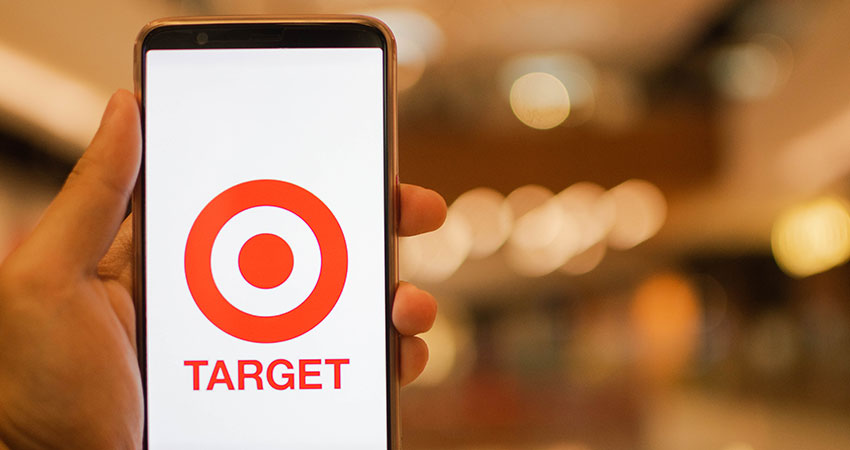Target CEO Brian Cornell shared upbeat highlights on the call with investors for Q4 and full year 2019 earnings, piling on superlatives from a shopping cart of adjectives to describe ecommerce sales growth of 25%+ for six years running.
“And given the magic of compounding growth rates, since 2014 we have doubled the business and then nearly doubled it again,” Cornell said.
Same-day services (order pickup, drive up and Shipt delivery) accounted for more than 80% of Target’s Q4 comparable digital sales growth of 20%, which outpaced overall comps growth of 1.5%. Revenue was up 1.8% to $23.4 billion.
Full-year comparable ecommerce sales increased 29 %, buoyed by a 90% jump in Target’s same-day services, which accounted for nearly 75% of the growth. Sales for the year increased 3.6% to $77.1 billion, while revenue was up 3.7% to $78.1 billion.
Target’s Q4 and full-year results come on the heels of a new report from eMarketer showing the retailer’s strong focus on ecommerce, including a 2019 holiday push on fast delivery options and BOPIS has propelled it into the top 10 for U.S. ecommerce sales. Target checks in at No. 8 as its ecommerce sales are projected to increase 24% to $8.34 billion in 2020.
Target’s 2020 strategic initiatives include enhancing same-day services by offering fresh grocery and adult beverage items via pickup and drive up. In 2019, curbside pickup saw sales growth of more than 500%, and store pick-up was up nearly 50%.
Target will add nearly three dozen small format stores to the total of 100, which contributed more than $1 billion in 2019 revenue, and small-format stores with parking lots will get drive up service.
In 2020 Target will go even smaller, creating stores of 6,000 square feet, about half the size of small-format stores, to reach consumers in urban neighborhoods and on college campuses. The first opening is expected in 2021.
Remodeling 300 stores this year, increasing supply chain speed and efficiency by scaling robotics solutions, and opening new warehouses near key markets, including New York and southern California, are also on the agenda.
Cornell noted that Target has spent more than $4 billion remodeling stores in the last three years, seeing an average sales lift between 2% and 4%. “But the real key to our success has been our unbending focus on building an assortment our guests can’t find anywhere else,” he said.
In 2019, pickup was up almost 50% and drive-up increased more than 500%, Cornell said, noting that Target now has more than 100,000 Shipt shoppers delivering orders for Target from nearly 100 brands.
Cornell also highlighted total revenue growth of $5.4 billion between 2017 and 2019. He noted that since the exit of Toys R Us, Target picked up more than $1.7 billion in toy and baby sector sales.
The Target Circle no-fee loyalty program was another high point Cornell mentioned in the call. Rolled out in October, it already has more than 50 million members opted in for personalized deals, while earning 1% back on purchases and points that let them direct it to charitable giving in their community.

